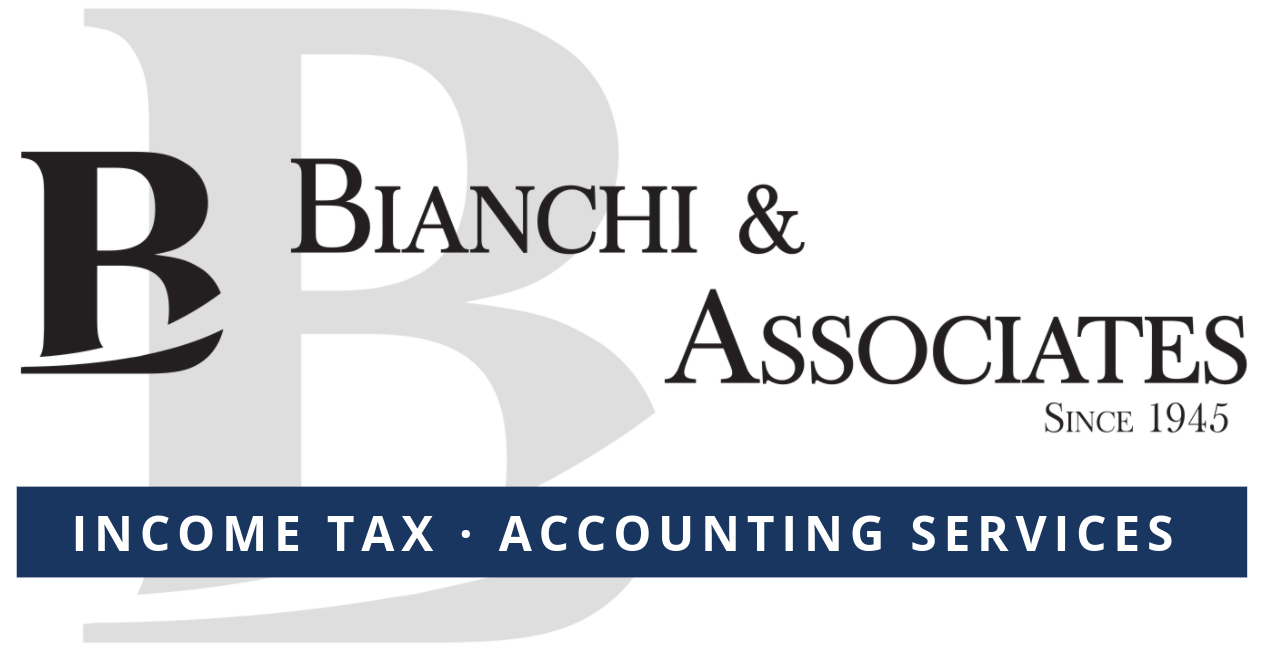Depreciation is an expense that is used to diminish an asset’s carrying value. It is a planned rather than an actual expense and is usually found in income statements, balance sheets, and cash flow statements. While asset valuations are often based on estimates of the unpredictable nature of depreciation, depreciation does not affect the company’s operating cash flow.
Businesses must be cautious when using depreciation algorithms to reflect asset value and expenditure recognition appropriately, simply because this may substantially impact the overall financial performance of an organization.
To manage assets and allocate costs, many firms may also opt to use the revaluation method as an alternative. Read on to learn more about the role depreciation plays for your business.
Understanding the Depreciation Method
Here, a company can spread the cost of an item over time while decreasing its carrying value. Depreciation generates a significant number of accounting entries. As such, the majority of fixed assets are purchased on credit and can be repaid over time.
Credit to accounts payable and a debit to a fixed asset are the initial accounting entries for the payment of a fixed asset. Meanwhile, for completely paid purchases, the asset value is deducted, and the payment is credited. Then, businesses employ cash flow to acquire fixed assets.
Depreciation spreads the cost of a fixed asset across its projected useful life. It keeps a record on as a debit to depreciation expense and a credit to depreciation accumulation. Each expense incurred lowers the asset’s value and raises the depreciation cost balance. Additionally, it prevents a significant expenditure deduction from being recorded on the income statement in the year of purchase.
Effects on Financial Statements
When a corporation purchases an asset using cash on the balance sheet, this is an asset transfer. Because fixed assets do not hold their value and cash, their carrying value must be decreased gradually. Depreciation steadily reduces the value of a fixed asset, allowing for a more accurate balance-sheet depiction.
In most cases, depreciation is included in the list of indirect operating expenditures. It is a cost component that influences a company’s gross profit along with administrative and marketing costs. Depreciation reduces taxable income and is deductible as an expense. Therefore it gives a tax benefit. This is advantageous since businesses strive to increase earnings while minimizing tax liabilities.
Depreciation and Taxes
Depreciation can help cut taxes and increase net income. The operating cash flow of a corporation is calculated using net income. Operational cash flow is calculated by adding net income, depreciation/amortization, the net change in working capital, and other adjustments.
The cash flow statement shows an increase in cash because depreciation is reintroduced into operating cash flow. However, we must reiterate that depreciation does not affect the company’s operating cash flow.
Businesses must first purchase the asset with cash. While this is essentially a balance-sheet asset transfer, note that cash flow must be invested. This way, the fixed asset cost is recorded in the cash flow statement’s investment column.
A company can fund an investment in a variety of ways. They might choose to pay in installments, or they could be able to get a loan. However, they must generate separate journal entries for fixed asset payments and depreciation.
Other Considerations
Return on equity is a key performance measure that is influenced by depreciation. This affects equity because assets with fewer liabilities equal equity. In aggregate, asset depreciation reduces shareholder return on equity.
Conclusion
Cash flow investment is used by businesses to pay for fixed assets that will depreciate later on. Again, depreciation is an expense that is used to diminish an asset’s carrying value. As a result, there are no real-world monetary flows transacted.
To better understand depreciation, don’t ignore your accounting needs until it is too late. Manage your business finances by hiring professional accounting services!
Are you looking for accountants in Rochester, NY? Bianchi & Associates has been offering the best accounting services since 1945. Equipped with experience and a professional team, we are your credible choice to handle your financial issues. Contact us today!
